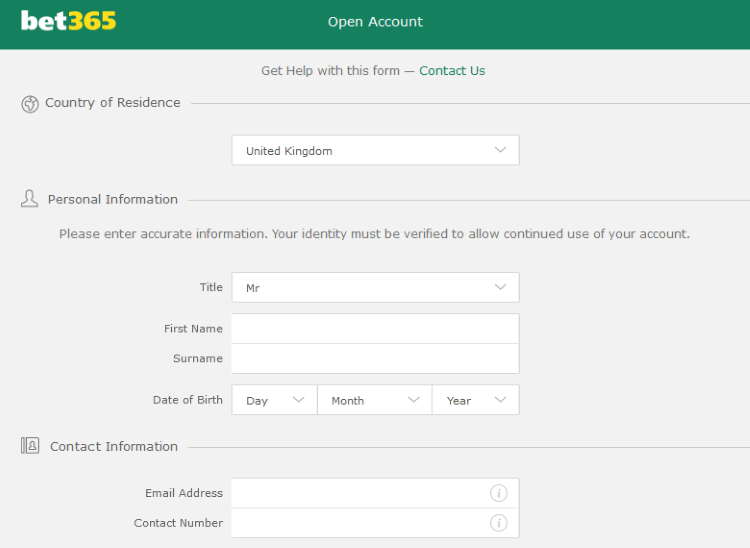

Public medical assistance includes a network of primary care physicians and pediatricians. vaccination centers, public walk-in clinics, labs for analyses and imaging, etc.). The ASL is an administrative organization, which manages a set of public clinics and medical services (e.g. In Rome, for example, there are six Public Hospitals, and more than 50 ASL offices. Public healthcare is provided through regional health units called ASL ( Azienda Sanitaria Locale – Local Health Authority) and Public Hospitals. To access the Italian National Healthcare Service you must hold a valid Tessera Sanitaria (Italian Health Insurance Card) or the equivalent from another EU country (the EHIC card – European Health Insurance Card).įoreign citizens with regular stay permit are fully entitled to the same rights and treatment as any Italian citizen. The Italian National Healthcare Service ( SSN – Servizio Sanitario Nazionale) is the Public, tax-funded medical assistance, organized and regulated by the Ministry of Health and administered through regional authorities. The amount of the co-pay is different from region to region and it depends on the type of services required and on the patient’s status (there are forms of exemption – esenzione in Italian – for low income and serious illnesses). The co-pay fee is called “Ticket” and it is applied to some emergency room visits, specialist consultations, diagnostic procedures and lab analyses.

#So you need to sine forms to go into icu full
Most services demand a cost-sharing and many are provided at the patient’s full expense.
#So you need to sine forms to go into icu free
Italy has universal healthcare coverage, but only some services are completely free See the 2019 OECD report about healthcare in Italy. Life expectancy in Italy is among the highest in the OECD group of countries (Organisation for Economic Co-operation and Development). The average level of medical care is quite high compared to international standards (Italian healthcare system ranked 2nd best in terms of performance in the World according to the World Health Organization’s report), and Italian doctors are usually highly qualified. Italian law recognizes health as a fundamental right of every person and anyone present in Italy is entitled to a form of healthcare (a concept known as “ Universal Health Care“). Healthcare in Italy is provided to anyone with a mixed Public and Private system. Healthcare in Italy is not free, but the fees are usually quite reasonable and Emergency Medical Assistance is provided to anyone in need, regardless of their nationality, without asking for upfront payment.


 0 kommentar(er)
0 kommentar(er)
